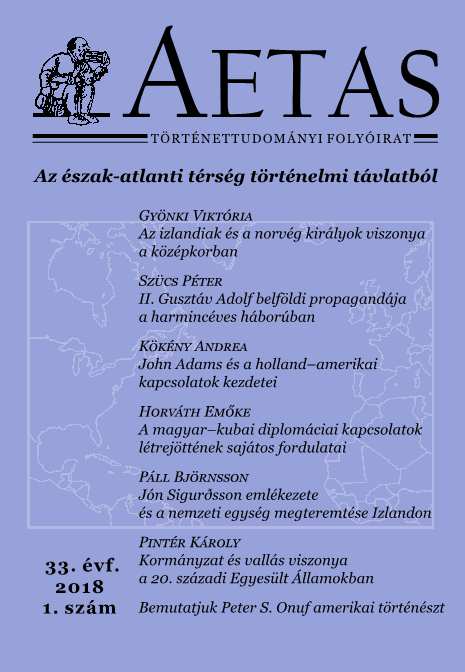Bajcsy-Zsilinszky Endre politikai ideológiája a harmincas évek első felében
The political ideology of Endre Bajcsy-Zsilinszky in the first half of the 1930s
Author(s): Ákos BarthaSubject(s): Interwar Period (1920 - 1939)
Published by: AETAS Könyv- és Lapkiadó Egyesület
Summary/Abstract: This paper anatomizes the political concepts of a notable Hungarian publicist-politician, Endre Bajcsy-Zsilinszky (1886–1944) between 1930 and 1936, the Anti-Nazi leader of his own-established National Radical Party. Originally being a key player of the Hungarian right-wing racialists in the 1920s, my study first discusses how his worldview was shaped by inland and abroad political changes. I draw attention to surprising foreign relationships as well as his opinion about the issues of racialism and revisionism, presenting his standpoint on the Jewish and the agrarian question as well as interpreting his ideas concerning fascism and Nazism. My survey lays emphasis on Bajcsy-Zsilinszky’s controversial relations with Hungarian governments also analysing his deep-rooted nationalism as well as his new political targets. As it is demonstrated, social-economical-political reform plans and the Hungarian imperial idea related to and strengthened each other in his continuously altering political thinking. Involving a large number of primary sources I call into question the conventional theory of Bajcsy-Zsilinszky’s “turn into left” and instead of the traditional – left-right – conceptual framework I argue for using the political concept of populism in his case.
Journal: AETAS - Történettudományi folyóirat
- Issue Year: 2018
- Issue No: 1
- Page Range: 94-121
- Page Count: 28
- Language: Hungarian

